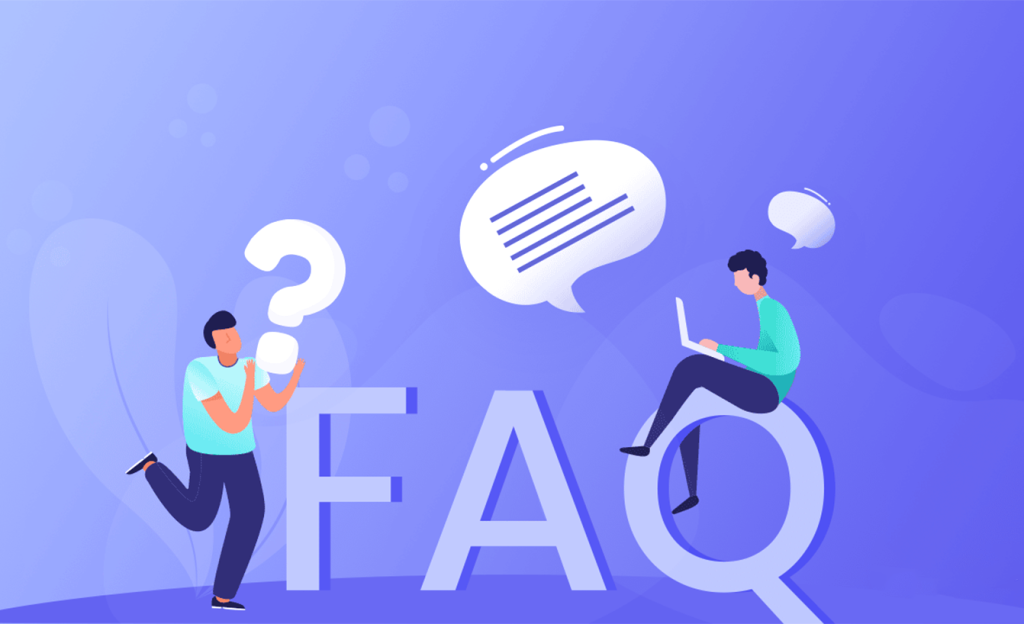General Stem Cell Questions
-
What are stem cells and why are they important?
Stem cells are the body’s master cells—capable of developing into various specialized cells. They play a vital role in repair, regeneration, and healing. -
What types of stem cells are used in therapy?
Common types include mesenchymal stem cells (MSCs), hematopoietic stem cells, embryonic stem cells, and induced pluripotent stem cells (iPSCs). -
What is stem cell therapy?
It’s a regenerative treatment where stem cells are introduced into the body to replace or repair damaged tissues and improve function. -
Where are stem cells sourced from?
They can be harvested from bone marrow, umbilical cord blood, adipose (fat) tissue, and in some cases, dental pulp or placental tissue. -
Are stem cell treatments approved and safe?
Some treatments are FDA- or DCGI-approved for specific conditions. When done under proper protocols, stem cell therapy is generally safe. -
What conditions can stem cell therapy help with?
It’s being used for orthopedic injuries, neurological conditions, autoimmune diseases, cardiovascular issues, diabetes complications, and more. -
How do stem cells know where to go in the body?
Damaged tissues release signals that attract stem cells to the injury site, where they aid in repair and regeneration. -
Is stem cell therapy a cure?
While not always a cure, it often helps slow disease progression, reduce symptoms, and improve quality of life. -
Are there side effects with stem cell therapy?
Most side effects are mild—like fatigue, low-grade fever, or soreness. Serious complications are rare when protocols are followed. -
How long does it take to see results from stem cell therapy?
Some patients notice improvements within weeks, while others may take months. Results vary by condition and individual biology.
Stem Cell Process and Treatment FAQs
-
How are stem cells administered to patients?
Depending on the condition, they may be injected intravenously, intrathecally (spinal), or directly into the affected area. -
What is an autologous transplant?
It uses the patient’s own stem cells, reducing the risk of immune rejection. -
What is an allogeneic transplant?
Stem cells are sourced from a donor—either related or unrelated—which can be more effective in some conditions. -
How does Viezec collect and process stem cells?
Viezec partners with accredited labs to ensure ethically sourced, highly viable, and purified stem cells for treatment. -
Is anesthesia required for stem cell therapy?
Local or mild sedation may be used for extraction or injection, but general anesthesia is usually not necessary. -
Are stem cells the same as stem cell-derived exosomes?
No. Exosomes are nano-vesicles released by stem cells that carry healing signals, while stem cells are the actual regenerative units. -
What is the recovery time after treatment?
Most patients resume normal activities within a day or two, though some may need additional recovery depending on the procedure. -
Can stem cells regenerate organs?
While full organ regeneration is still under research, stem cells show promising results in improving organ function in liver, heart, and kidney conditions. -
Are stem cells used in cosmetic treatments?
Yes, stem cells are used in anti-aging skin therapies, hair regeneration, and even dental applications. -
How is stem cell therapy different from traditional medicine?
Instead of managing symptoms, stem cells aim to heal the root cause through regeneration.
Stem Cell Regulations and Global Use
-
Is stem cell therapy legal in India?
Yes, when performed in accordance with ICMR and DCGI regulations. Viezec adheres to all national guidelines for safe practice. -
What makes India a hub for stem cell therapy?
India offers world-class medical expertise, cost-effective procedures, and regulatory-compliant treatments with high success rates. -
Is stem cell therapy covered by insurance?
In most cases, it’s not covered, as it is still considered experimental for many conditions. Always check with your provider. -
Do stem cells have to match like blood types?
For allogeneic transplants, compatibility is important. Autologous stem cell therapy doesn’t require matching. -
Are embryonic stem cells used at Viezec?
No. Viezec uses ethically sourced adult stem cells, primarily mesenchymal stem cells, from umbilical cords and other non-embryonic sources. -
Are there any religious or ethical concerns with therapy?
Adult stem cells and umbilical cord cells usually don’t raise ethical issues, unlike embryonic stem cells. -
Can stem cell therapy be repeated?
Yes, some patients may benefit from multiple sessions based on the medical condition and their response. -
Can children receive stem cell therapy?
Yes, in some cases, especially for conditions like cerebral palsy or autism. Each case is evaluated individually. -
Can stem cells treat genetic disorders?
They may help manage symptoms or improve function but cannot change genetic codes. Research is ongoing in this area. -
Do stem cells work for everyone?
While many patients benefit, not all respond equally. Pre-treatment evaluation helps predict effectiveness.
Viezec-Specific Questions
-
Why choose Viezec for stem cell therapy in India?
Viezec offers high-quality, personalized treatments with advanced protocols, certified stem cell labs, and international patient support. -
How do I get started with treatment at Viezec?
Contact Viezec through their website or helpline to schedule a free consultation. Their team will guide you through eligibility, costs, and next steps.



